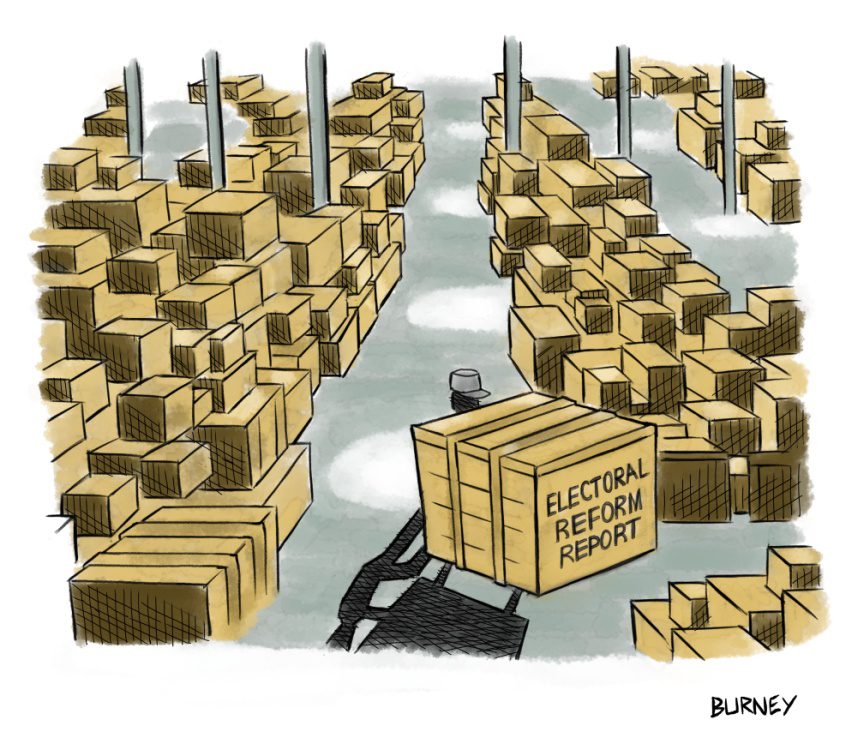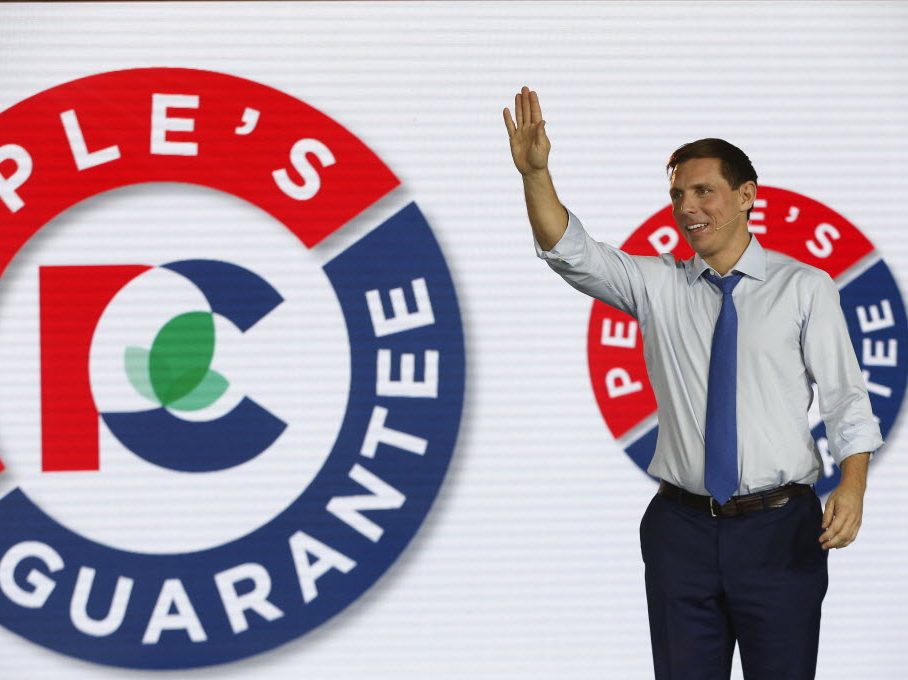All electoral reformers and fair voters' eyes are on British Columbia as they embark on a process that could potentially reform BC's electoral system just in time for the next provincial general election in 2021.
The BC NDP government has launched its How We Vote website. British-Columbians are being asked for suggestions on the question (or questions) that will be on a referendum ballot about reforming the voting system. In its consultation process, the BC government is also asking citizens for their input about what kind of electoral system they would like to have.
Just like the Federal Liberals, BC New Democrats promised electoral reform and were elected partly because of that promise. Unlike the Trudeau Liberals, the BC NDP are moving forward on the issue, having already introduced legislation calling for a mail-in referendum.
B.C. voters rejected electoral reform in two previous referendums. Can a third one be the charm? Electoral reform referendums were held in 2005 and in 2009, but the changes to the system were not approved by voters. In 2005, 57.7 percent of voters favoured adopting a new system, but the threshold for that referendum was 60 percent of votes cast. The next one will be held by the end of November 2018. This time around, for a reform to be successful, the threshold would require a 50 per cent plus one margin. A much easier target, but one going against the precedent.
So predictably, the Opposition Liberals are opposing the move. They are claiming this is all about the NDP rewarding the Green party for propping them up. Liberal MLA Doug Clovechok even went so far as saying this move was undemocratic:"Can you say, tyranny of the majority? That's exactly what proportional representation under Bill 6 represents."
Yes, of course, as opposed to the tyranny of the minority, which is what you get when a majority of voters vote against a party who still manage to form a majority government, thanks to the distortion of the current first-past-the-post electoral system. In fact, in the past five B.C. elections, only one political party formed government after receiving more than 50 per cent of the votes.
One of the most persuasive arguments pushed by PR opponents is that moving to a system of proportional representation will put more power in cities at the expense of the rural voters. Yet, under the first-past-the-post system, one party can sweep every single seat in any region, leaving no representation for voters of other parties, no matter how sizeable their numbers.
True, there needs to be a way to ensure that the voice of the electorate can be represented in a more diverse fashion while keeping a fair regional balance. If they can successfully do this, BC will become the first province to move away from first-part-the-post.
You can count on the NDP and the Greens to campaign hard in favour of proportional representation. The Liberals will be campaigning against change, a difficult task. But they are terrified that PR is going to make it extremely difficult for them to get back into power. The fact that 300,000 Liberal voters aren't currently represented in the legislature by someone they voted for won't sway the party: they know that with electoral reform, the bigger prize is slipping away from them for the foreseeable future.
Photo Credit: Jeff Burney Loonie Politics








